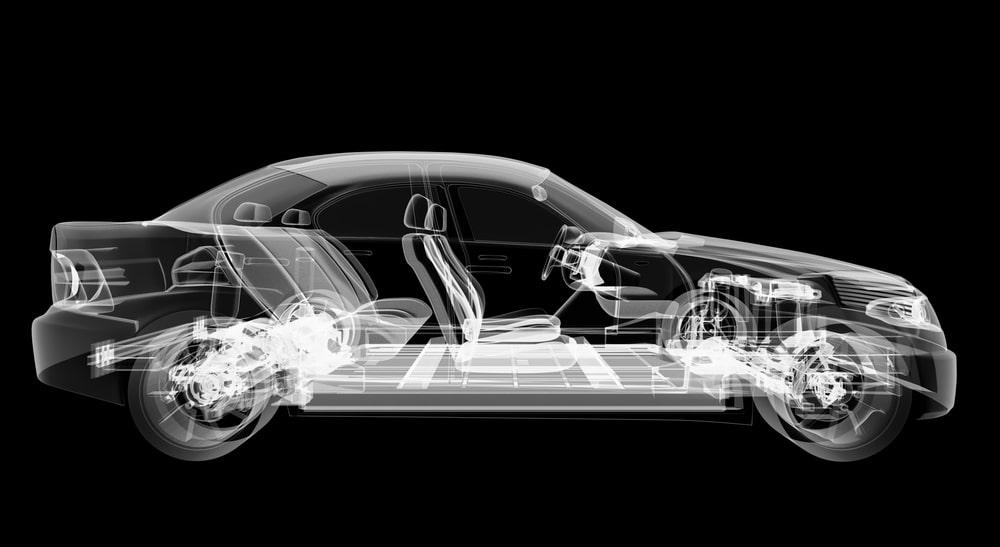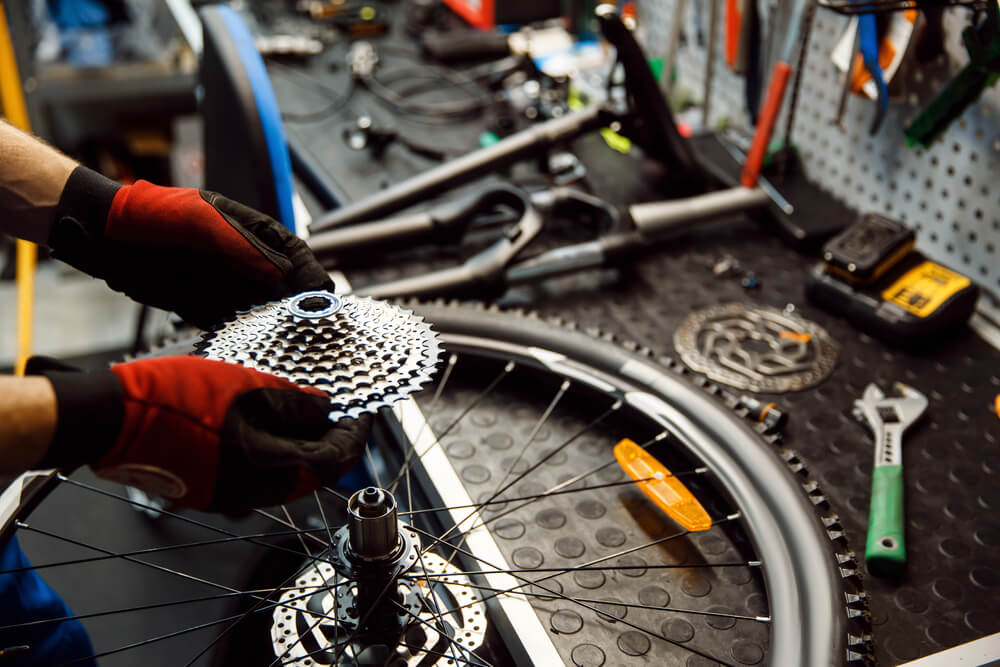As countries accelerate their transition to a net-zero world, the automobile industry can contribute greatly towards a green economy.
India’s growth towards a decarbonized economy by the year 2070, especially considering the size of its population, is meritorious. In the process, there will be a 1 billion tonnes reduction in projected carbon emissions by 2030, which is a key milestone to hit on the way to a net-zero economy. This gives us a clear warpath to follow, and in order for the end result to be efficiently effected, there will need to be a clear and decisive handshake among key sectors across the board.
On the way, a greater reliance on renewable energy will have to be forged, and our dependence on fossil fuel will need to be drastically hacked if we’re to achieve these goals. And, of course, it’s no mystery that India’s transport sector has a big role to play in this regard. A conscious, simultaneous, and decisive upgrade to the electrification of mobility will play a meaningful role in curtailing carbon emissions.
All things considered, the adoption of electric mobility we’re currently witnessing is happening at a rate that’s far greater than what was predicted, especially when it comes to electric two-wheelers. This rapid transition bodes well for the future, but there are a couple of factors that need to come into play before we can seriously lean on this uptake of green mobility.
For a start, there needs to be a significant overhaul of the charging infrastructure laid out across the country. While the signs are encouraging, a full-blown assault needs to be in place to allow charging stations to be present as far and wide as regular fuel pumps. Eradicating range anxiety is the job of not just the battery capacity of an electric vehicle, but also the frequency of charging locations.
Secondly, for these charging locations to make sense, they need to be powered by a continuous renewable source. Based on the foundations of these strong pillars, we can confidently be on the path to net-zero.
The government’s role in this endeavor is critical, and to that effect, it has set the stage for rapid electric mobility adoption in India. We’ve already witnessed purchase discounts across vehicle segments, reduced road taxes, and scrapping incentives, too, all in an effort to achieve its goal of 30% EV penetration by 2030. The Faster Adoption and Manufacturing of Hybrid and Electric Vehicles (or FAME) policy, incentivized at electric two- and three-wheelers as well as e-buses across the country has seen very good traction. The incentive scheme has also seen a substantial amount of charging stations being positioned across India as a result.
To add to that, many states have introduced incentives for electric vehicles. Suppliers can reap the benefits of capital interest subsidies, stamp duty and SGST reimbursements, tax exemptions, and interest-free loans, whereas consumers benefit from monetary incentives and road tax and registration fee exemptions. Delhi and Maharashtra, in particular, have set commendable goals for EV adoption by 2025.
Keen on not missing the train, businesses across the country are also doing their bit by pumping long-term investments into green technologies. This includes battery production, solar power setups, wind farms, and a lot more. Business leaders and visionaries are doing their utmost to prepare themselves and expand their presence in a bid to not just be prepared for the transition to electric mobility, but to usher it in with open arms.
Closer home, Hero Electric, being in a unique position as the market leader, has a keen check on the pulse of the rapidly expanding EV market. Our commitment to meeting the demand of manufacturing over 1 million EVs per year by 2022 has been bolstered by our partnership with the Mahindra Group. Aside from offering our customers affordable, advanced, and appealing electric scooters, our goal has been to target last-mile mobility as it accounts for a sizable chunk of the market. To this effect, we’ve partnered with a number of local businesses to deliver a sizable number of Hero Electric scooters.
Our endeavor to ease the transition to electric vehicles is witnessed by the fact that we have the most dealer touchpoints across the country in the electric two-wheeler space. There’s also our partnership with Bengaluru-based Log9 Materials to use its ‘InstaCharging’ RapidX batteries for the entire line-up of our EVs, which are able to reach full charge in a matter of just 15 minutes. (Please verify this last line)
It’s clear that the automobile industry has a significant role to play in making India a net-zero economy by 2070. As we speak, the signs all point towards a harmonious collaboration among multiple sectors, which is the only way we can achieve our commitments. Far from it being a daunting task, it’s one that should spur the country on to bigger and even greater feats. There is a tremendous opportunity to not just be a part of the future here, but to shape it. And it’s an opportunity to relish.

Written by
Naveen Munjal, MD, Hero Electric



